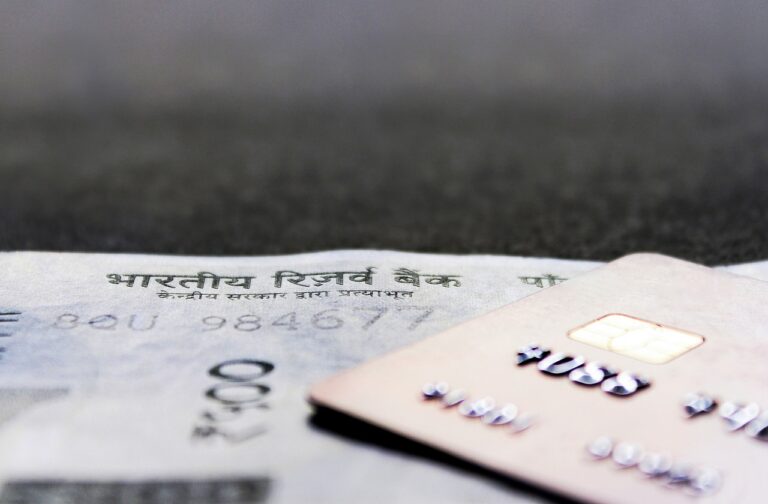Election Violence: Addressing Threats to Democracy Around the Globe
Election violence poses a significant threat to the very foundation of democracy. When citizens are subjected to intimidation and physical harm during the electoral process, their ability to freely exercise their right to vote and participate in politics is compromised. This erodes the core principles of democracy, which rely on free and fair elections as a mechanism for peaceful political transitions and representation of the will of the people.
Moreover, election violence undermines the credibility and legitimacy of electoral outcomes. When voters are coerced or influenced through violent means, the resulting elected officials may not truly represent the preferences of the electorate. This can lead to diminished trust in the democratic process, fueling political instability and societal divisions. In essence, election violence not only threatens the immediate safety of individuals but also jeopardizes the long-term health of democratic institutions.
Understanding the Root Causes of Election Violence
Election violence is a complex phenomenon that stems from a combination of factors within a society. One of the primary root causes of election violence is political competition. In cases where there is intense rivalry between political parties or candidates, the stakes are high, leading to an increase in tensions and potential for violence.
Moreover, underlying social divisions, such as ethnic, religious, or regional differences, can exacerbate election violence. When these divisions are not effectively addressed or managed, they can be manipulated by opportunistic politicians to fuel conflict during electoral processes. These divisions create a fertile ground for mobilizing supporters along identity lines, increasing the likelihood of violence erupting before, during, or after elections.
Examining the Effects of Election Violence on Society
Election violence not only undermines the democratic process but also tears at the fabric of society. The aftermath of such violence often leads to deep divisions among citizens, polarizing communities and fueling resentment between different groups. Trust in institutions and the government is eroded, resulting in a breakdown of social cohesion and stability.
Furthermore, election violence can have long-lasting effects on the mental and emotional well-being of individuals and communities. The trauma and fear experienced during violent political events can linger for years, leaving a lasting impact on the psychological health of those affected. Addressing these societal wounds and rebuilding trust among citizens becomes a monumental task in the wake of election violence.
What is the impact of election violence on democracy?
Election violence can undermine the democratic process by discouraging participation, eroding trust in the electoral system, and potentially leading to illegitimate election outcomes.
What are some root causes of election violence?
Root causes of election violence can include political polarization, competition for power, socio-economic disparities, ethnic or religious tensions, and inadequate governance and rule of law.
How does election violence affect society?
Election violence can result in loss of lives, destruction of property, displacement of communities, heightened fear and insecurity, increased social divisions, and long-lasting trauma for individuals and communities.







